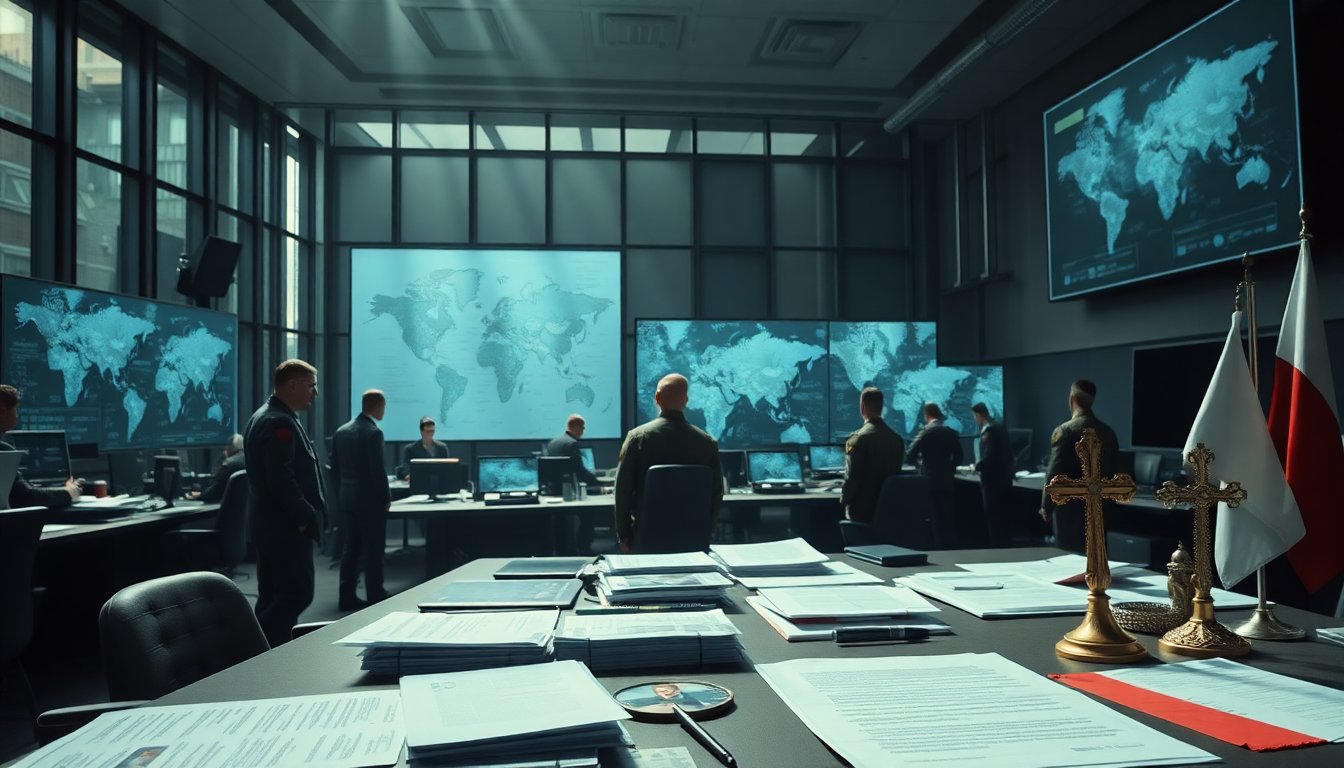Table of Contents
On October 17, various news reports surfaced regarding significant occurrences related to Russia’s military personnel and other pressing matters. This article aims to provide a cohesive summary of these findings, focusing on the implications for Russia’s armed forces, the situation of its military prisoners, the religious perspectives involved, and Europe’s discussions on reparations for Ukraine.
In addition, the anticipation surrounding the upcoming meeting between Donald Trump and Vladimir Putin has sparked considerable interest in the political community. This digest serves as a valuable resource for those seeking a nuanced understanding of these intricate topics.
Russia’s military personnel and their challenges
The state of Russia’s military forces remains a pivotal subject, especially in the context of ongoing conflicts and geopolitical tensions. Recent reports highlight not only the operational readiness of these forces but also the plight of soldiers who have faced imprisonment under various circumstances. The treatment and rights of these individuals are now drawing scrutiny.
Prisoners in uniform
The term military prisoners refers to service members who find themselves incarcerated due to a range of reasons, from disciplinary actions to political dissent. This situation raises important questions about the legal frameworks governing military conduct and the protections afforded to personnel. The human rights implications of their treatment are increasingly being debated, as activists call for reforms to ensure fair treatment and transparency.
The role of religion in military affairs
Another aspect of this narrative involves the influence of religious leaders on military matters. A prominent man of the cloth has recently spoken out, emphasizing the need for spiritual guidance within the ranks. His views resonate with many who believe that moral fortitude is essential for soldiers facing the pressures of modern warfare.
Spirituality and resilience
In times of conflict, the role of spirituality can offer solace and strength to those in uniform. The intersection of faith and duty is a complex arena, often providing a framework for soldiers to navigate the ethical dilemmas they encounter. As discussions unfold, the contribution of religious perspectives in shaping military ethics becomes more evident.
Europe’s consideration of reparations for Ukraine
Turning to the international stage, Europe is currently engaging in deliberations regarding reparations for Ukraine. These discussions highlight the broader implications of the ongoing conflict and the responsibilities of nations involved. The concept of reparations is significant, as it encompasses the financial and moral obligations of states toward those affected by war.
The dialogue surrounding reparations not only focuses on compensation but also on the acknowledgment of historical grievances. As European leaders weigh their options, the potential for a collective approach to addressing these injustices is under consideration.
Anticipation for the Trump-Putin meeting
The upcoming face-to-face meeting between Donald Trump and Vladimir Putin is generating substantial buzz. Observers are keenly aware of the diplomatic intricacies involved in this encounter, especially in light of the evolving global landscape. The dynamics of this meeting could have far-reaching implications for international relations.
As both leaders prepare to discuss pressing issues, the intersection of personal rapport and political agendas will play a crucial role. Analysts are forecasting that the outcomes of this meeting could lead to shifts in policy and alter the trajectory of U.S.-Russia relations.
In addition, the anticipation surrounding the upcoming meeting between Donald Trump and Vladimir Putin has sparked considerable interest in the political community. This digest serves as a valuable resource for those seeking a nuanced understanding of these intricate topics.0


